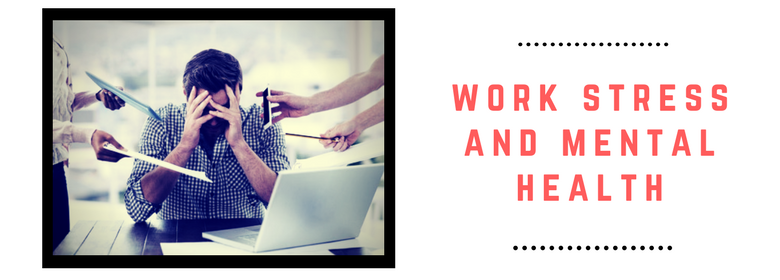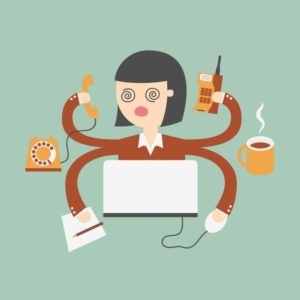Simple Hacks To Have A Productive Workday

Have you ever felt at the end of a day that you could have done so much more? Don’t we all get this feeling once in a while when we feel that if not for a few things our day could have been much more productive than it was?
People who tend to have very productive days do not just have it by chance. There are some carefully thought out decisions that they make which help them achieve this. These decisions are not life-changing. Neither are they difficult to incorporate into your routine!
Here are 4 quick hacks that will help you have a productive day:
A Morning Routine
What time you wake up and what you do after you wake up can impact the rest of your day! Make sure that you decide early on when to wake up so that you feel like your day is in your control. Also, as soon as you wake up finish one thing off your checklist for the day so that you can start the day on a high.
Prioritize
The reason most people feel panicky and unaccomplished at the end of a long day is because they have finished the not-so-important tasks and are still left with the major tasks for the day. Ensure that you prioritize what needs to be done and what is important and do your work accordingly!
Do One Task At A Time
One of the most important blocks to productivity is trying to do it all… and trying to do it at the same time. When you decide on a task, ensure that you give your full attention to it. This helps your mind be more focussed on the task at hand and complete it to your best potential.
Take Breaks
While you might think productivity is all about getting all your work done at a stretch, it is actually quite the opposite. Taking breaks in between is very essential and it helps you to rejuvenate and work better on the next task in hand.

























































